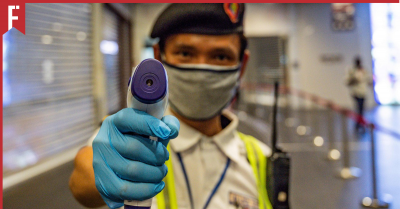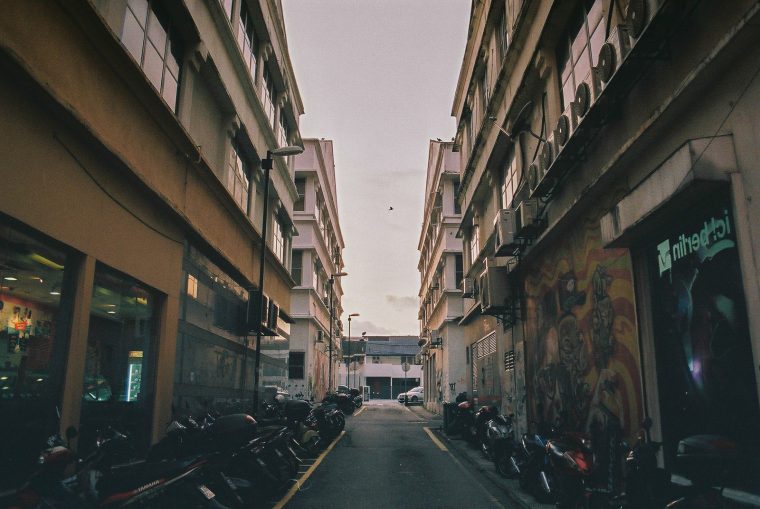
Ben Parker once said – with great country comes great capital city – and Kuala Lumpur may very well be one of the greatest, up there with New York, London and Tokyo, if it isn’t already. But what Kuala Lumpur (KL) lacks in state-of-the-art infrastructures and a comprehensive transport network, it makes up for the culture, colours and kindness of its people. Really.
Renowned global travel site, Big Seven Travel recently conducted a survey on 1.5 million people worldwide based on travel data and statistics and the survey concluded that Malaysia’s capital city is the 2nd friendliest cities in the world.
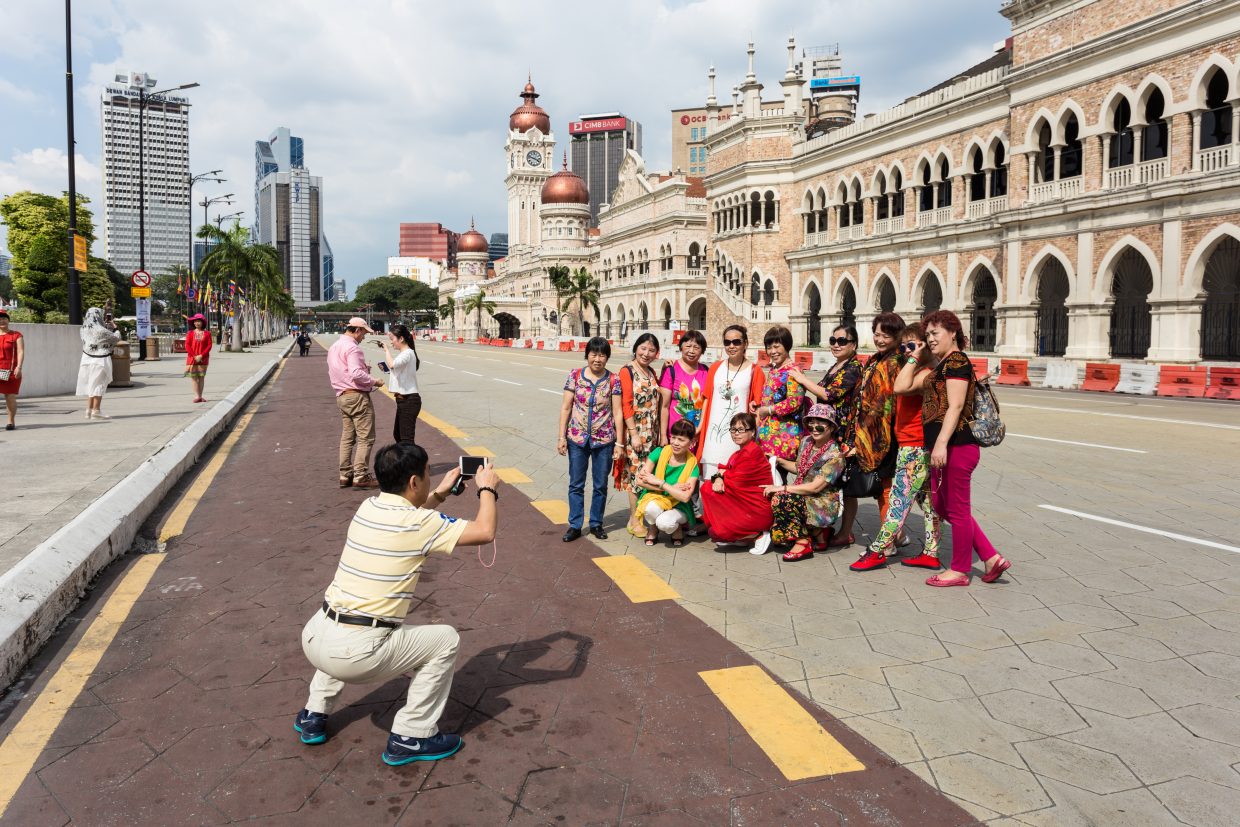
The list covers top 50 most-visited cities and the tourist feedback for the past year where it crowned Vancouver (Canada) as the most friendliest city while Belgium’s Bruges sits 3rd. Singapore is at 24th place (cough).
According to Big Seven, Malaysians are naturally friendly and nice to strangers and KL sets the best example of this. It found that the easy-going temperament of locals towards visitors led to the city being a top spot for tourists and expats.
Yeap, that’s what it said.
Kuala Lumpur, Kotarayaku
While that may arguably be up for discussion, another – more justifiable – study also concluded that Kuala Lumpur is the 6th most-visited city in the world for 2018, surprisingly better than New York, Tokyo and Seoul!
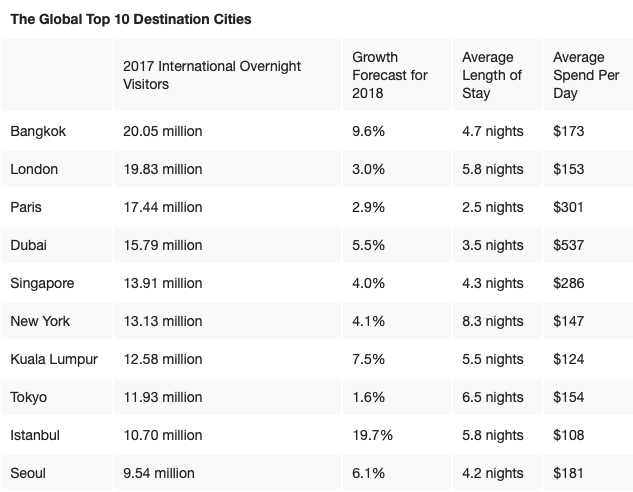
The annual global survey conducted by Mastercard gathered last year’s spending pattern and travel feedback and found that Kuala Lumpur received an over 13 million (overnight) visitors with an average length of stay of 5 nights or more. Ranking top 200 cities around the world, the survey also found that each visitor spent an average $140 a day while in the city. That’s close to RM600 a day!
Clearly these numbers, despite the factual accuracy, have given us a better picture of how well we treat our guests. But do these figures reflect the real situation faced by the locals, rightful citizens of the country?
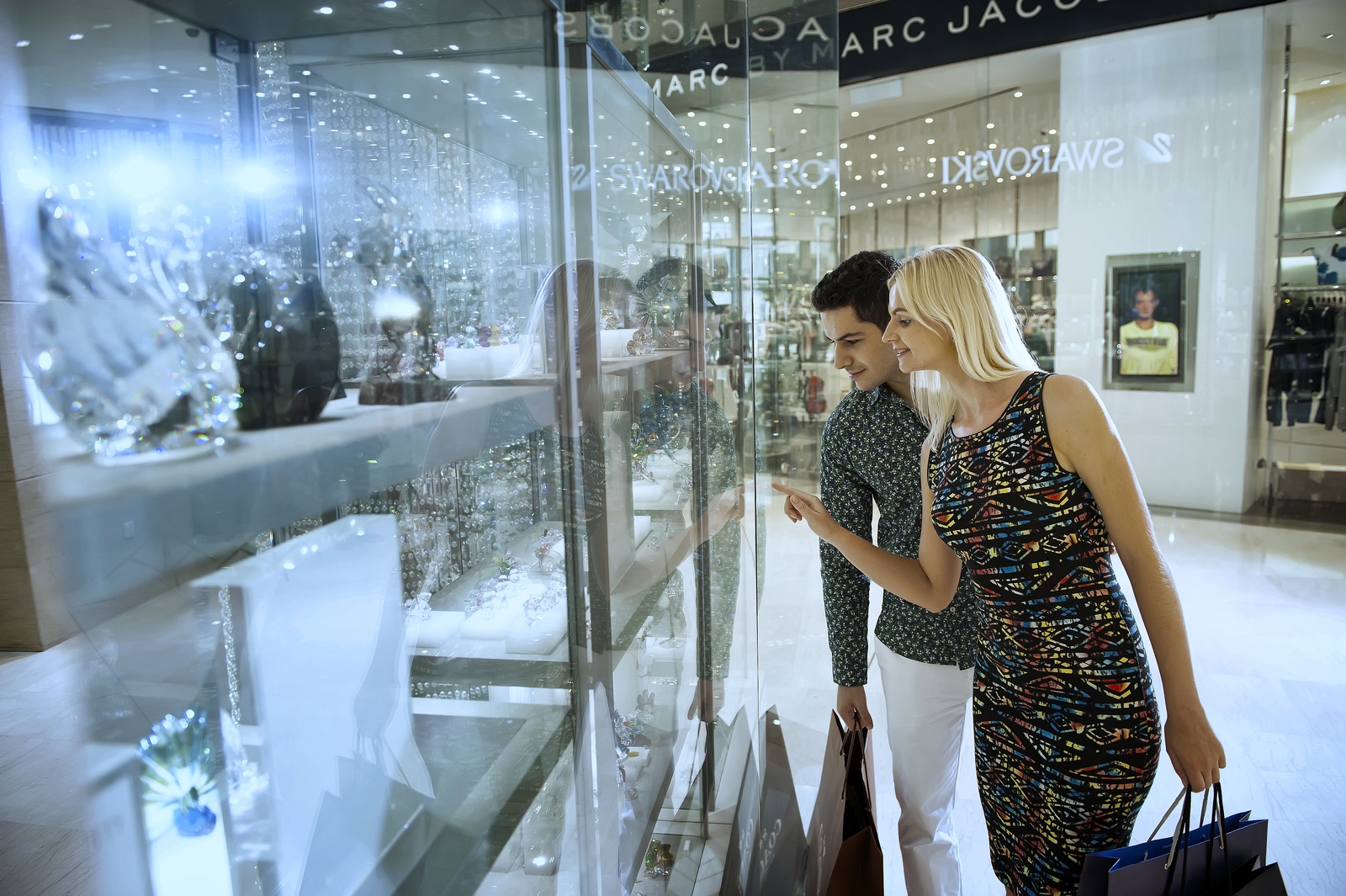
Is Happiness Just a Myth?
Drawing on a bigger scale, the World Happiness Report (WHR) found that Malaysians, are simply not happy according to its Happiness Index.
Now before you raise your microbladed eyebrows, WHR is a global collective body by the United Nations Sustainable Development Solutions Network in partnership with the Ernesto Illy Foundation. The report itself is a landmark survey of the state of your (wait for it) happiness, ranking 156 countries by how happy the citizens perceive themselves to be.
Ranked 80th happiest country in the world, it seems that while we welcome our visitors with open arms, we’re not exactly an elated bunch ourselves. Now why is that?
Could it be our socio-political situation, (if there’s ever a situation)?
Could it be the state of our education, health or even legal system?
Or could it be that we’re just grumpy Asians? (If that’s so, Singapore should win the poll, ehem)

Like any other predicaments in life, money has always been the number one reason for the failure of a marriage, society and sadly a nation.
In this context, yes the can of worms that’s been the source of the problem is financial woes.
According to the UCSI Poll Research Centre’s consumer sentiment index, more than 16% of KL city folks are found to be financially worse off in last 12 months. The poll conducted on 531 KL residents discovered that almost 100 respondents considered our economic situation stops their financial growth.
The reasons?
High cost of living, low wage growth, mismatch of skills and work among others. Not far off from the survey, another study conducted by Mercer uncovered the bitter truth – Kuala Lumpur is climbing the rank from 145 to 141 as the most expensive city to live and work in.
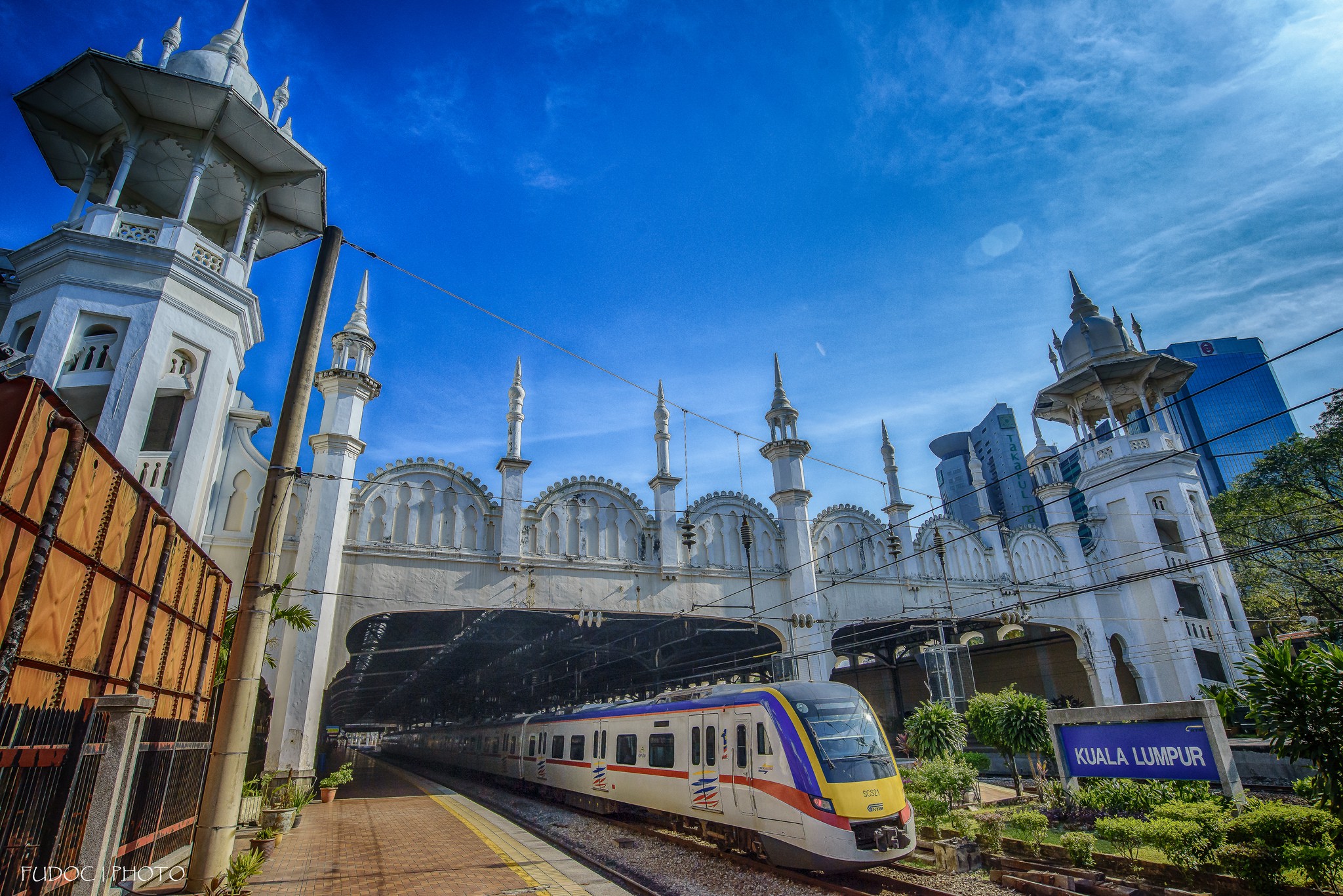
Our Ringgit Has Got to Make Sens!
Through its 25th Annual Cost of Living Survey, the global human resource and institutional investment consulting firm found that the root cause isn’t about a rise in prices but rather, currency fluctuations that has the Ringgit lose 4% to the USD.
Hong Kong sits top spot for the most costliest city in the world with Tokyo second and Singapore third.
This comes back to the happiness meter we spoke above where Malaysia dropped (from 35th happiest in 2018) to 80th this year while our Manila and Bangkok moved up the rank leaving us a trail of euphoria dust behind.
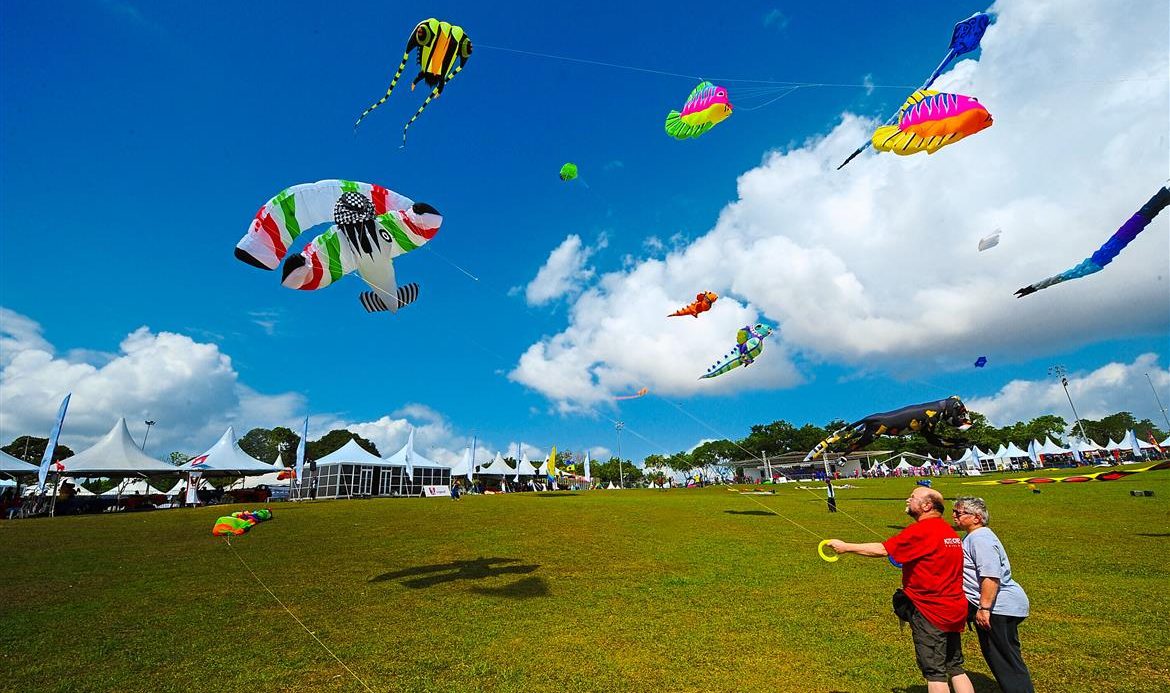
A mismatch of property prices may have played a big part in how these figures are calculated. The disheartening number of unsold properties last year is solid evidence that the people simply can’t afford to live let alone own anything, leading the government to rollout a few (amicably) short-lived measures like the HOC.
Assets aside, the happiness scale is not a beeline reflection of how successful we are but it could very well spell the potentials of a great nation that we could be. After all, we’ve braced through greater disasters than this yet we came out unscathed for the most part. If there’s ever a time to reflect and gather our strengths once again, it should be now.
If you agree with this, follow our Instagram and Facebook for more discerning reads.








